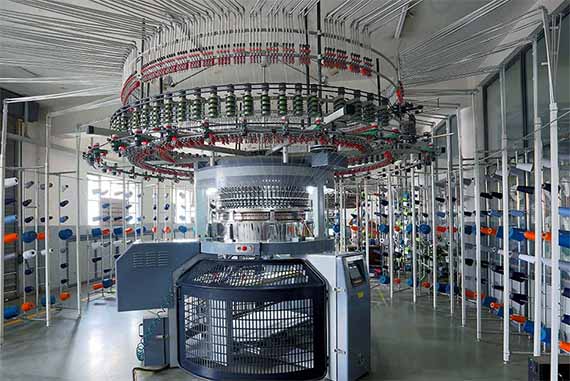
World class knitting machines form the base for fabrics in Harsha Creation. Computerised full jacquard knitting machines, auto stripper, vertical stripper and wrapper stripper knitting machines along with jersey, rib and interlock knitting machines from allow us to offer a a attractive assortment of fabrics to our customers.
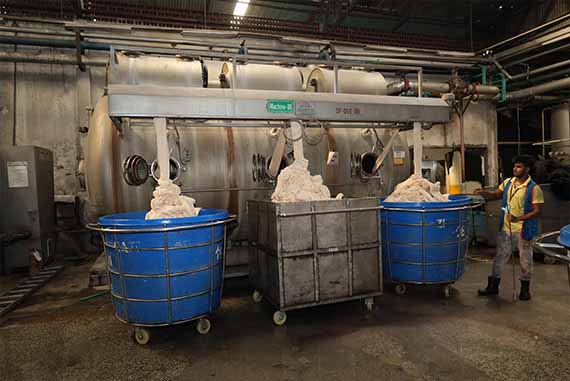
Dyeing division has fully automatic & highly advanced dyeing machines,including garment dye, pigment padding, tie& dye, peach finish, etc


The CAD and sampling department uses computer-aided design (CAD) software to create and modify designs, patterns, and styles for textile products. They also make samples of the products according to the customer’s requirements and specifications. They use various tools such as sketching, draping, printing, etc. to develop original and innovative concepts
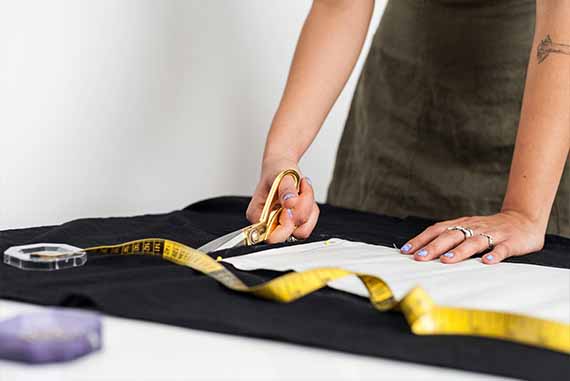
This section is where the fabric is cut into desired shapes and sizes for making garments or other products after knitting and dyeing. Cutting can be done manually or by using automated machines.

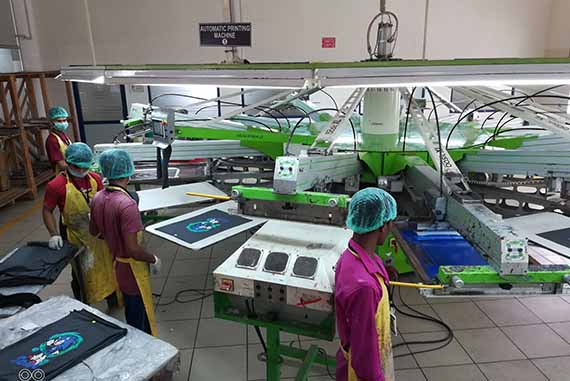
We strive to adopt and maintain international standards in textile printing to fulfill client needs by providing quality through our collective commitment to excellence and assuring dependability.
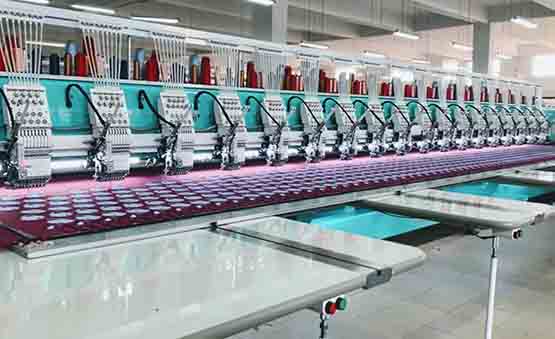
Our automated embroidery machines are made in Tajima, Japan equipped with different aspects of Embroidery such as cording, roping, sequins, boring and mirror work that significantly enhances and embellishes the garments. In addition, Applique Laser Cutting Machine and SEIT Laser Bridge enables multitasking of applique and embroidery. Machineries for Studs, stones and bead work are all in house.


Harsha Creation has advanced techniques which impact special effects to the fabric by the use of special customized washing procedures such as Acid wash, Stone wash, Enzyme wash, Bio wash, Vintage wash, Caustic wash, Sand wash, Denim wash, Dip wash and Peach wash based on buyer customer preferences.

This section is where the fabric pieces are joined together to form garments or other products by using needles and threads. Sewing can be done by hand or by using sewing machines or sergers. Sewing involves various operations such as stitching, seaming, hemming, buttoning, zipping, and embroidering.

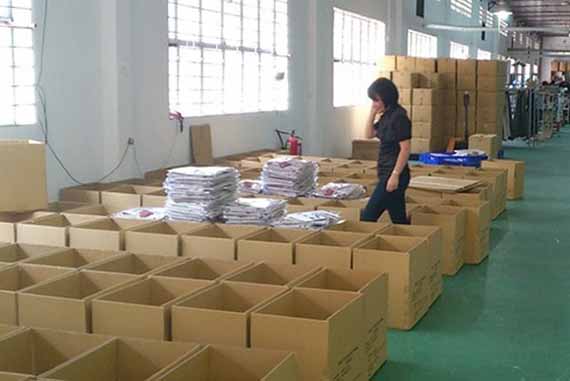
The finishing and packaging department ensures the quality and appearance of the textile products before they are shipped to the customers.They perform various activities such as trimming, checking, repairing, pressing, folding, tagging, and packing of the textile products.